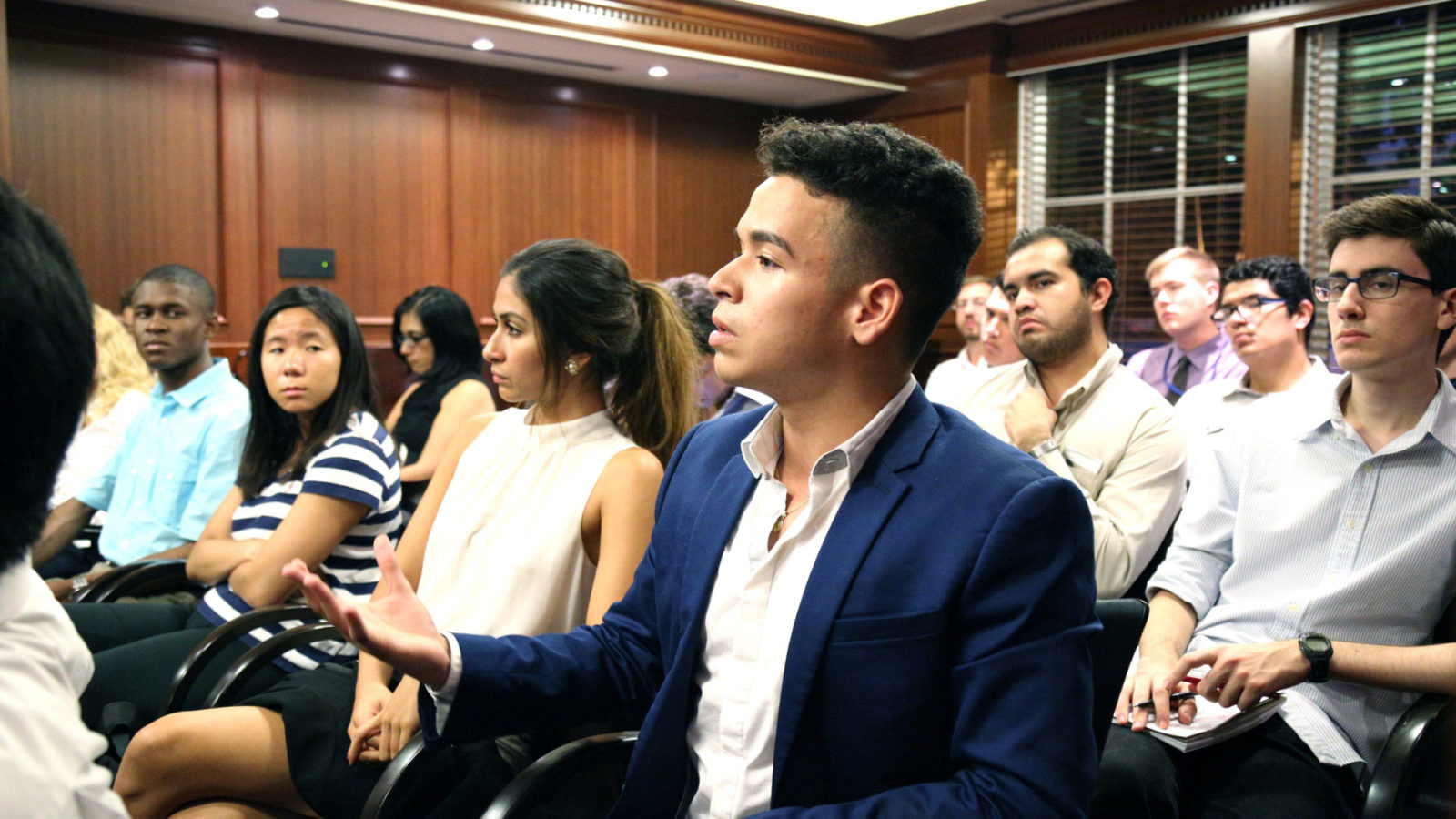Concentrations
Governance and Leadership
Students in this concentration obtain the analytical tools, skills and knowledge to identify and effectively address the challenges and opportunities in the political development and governance of societies in Latin America and the Caribbean. Courses emphasize the analysis of key issues such as: the nature of the state, political representation, democracy, political order and citizen security, the origins and social dimensions of conflict and peace and their implications for human rights, social movements and religion, the rule of law, foreign policy and diplomacy. Students in this discipline generally undertake training in quantitative research methods that emphasize causal inference.
Development and Political Economy
Students in this concentration obtain the analytical tools, skills and knowledge to identify and effectively address opportunities and challenges in Latin America’s social and economic development. Courses examine the interplay of politics and economics, emphasizing how these factors contribute to economic growth and sustainable development and to the strategic positioning of Latin America and the Caribbean in the global economy. They emphasize key issues such as: causes and responses to poverty and socio-economic inequity; urban development; food security; the environment; gender; afro-descendants and indigenous peoples; economic growth and trade. Students in this discipline generally undertake training in quantitative research methods that emphasize causal inference.
History, Culture, and Society
Students in this concentration obtain the analytical tools, skills, and knowledge to understand the complex histories and cultural ways of Latin America and the Caribbean, exploring in depth how the peoples of Latin America arrived at their contemporary mix of creativity and challenges. Students explore evolving ways of power and social relations, political ideas and ideologies, cultural constructions and debates, gender relations and debates—via scholarly explorations, literary representations, and/or cinematic expressions–understandings necessary to engage the promise and uncertainties of our times and to contemplate possible paths into the future. Students in this concentration generally undertake training in research methods drawn from the diverse humanities and social science disciplines associated with the students’ interests.
